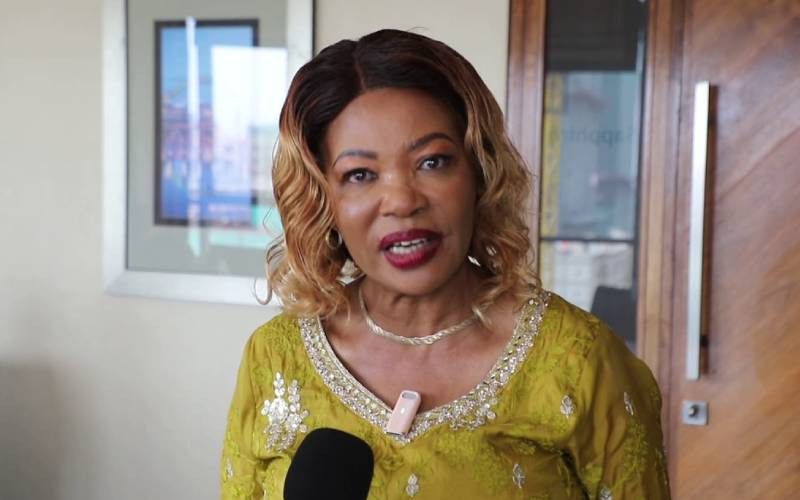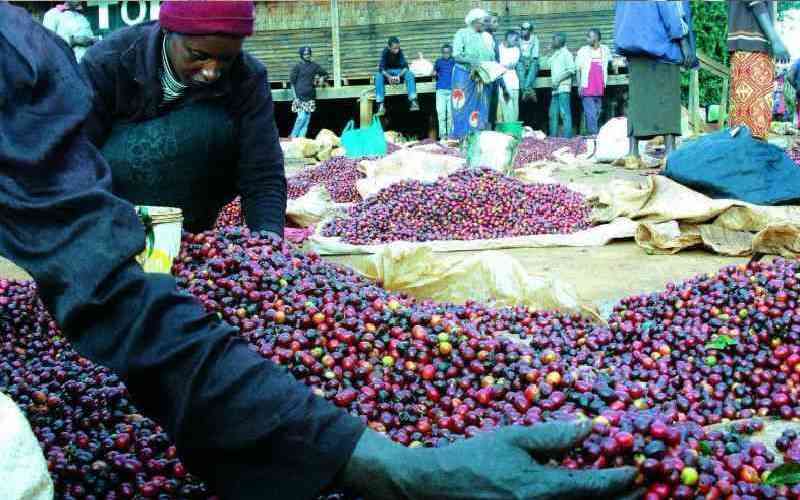
Kenya’s gold industry is glittering on the surface but murky underneath.
Behind the small pits of artisanal miners and the promise of mineral wealth lies a sector riddled with scams, smuggling, and weak regulation, according to Brian Odhiambo, a researcher and communication strategist.
These loopholes, he says, have not only turned the country into a convenient corridor for illicit gold from conflict zones but also fueled a thriving money laundering network that is distorting the economy.
Speaking on Spice Fm, Odhiambo alleges that: “Kenya is a corridor for gold coming from Sudan and Congo… Kenya has no strong policies. So gold passes through here easily. That’s why you hear of under-declaration, a consignment worth $10 million is declared as $2 million. The rest slips out untaxed.”
According to him, Kenya exploits conflict regions and weak customs enforcement to keep the trade alive, with customs officers, often compromised by bribes, making it even harder to plug the leaks.
“In Kenya, customs are not even involved in gold sales. Who pays tax on gold?” Odhiambo posed, adding that: “Kenya has not yet reached the stage of large-scale commercial gold mining. What we have is artisanal and small-scale mining, people digging shallow pits, what we call rat holes, extracting grams of gold at a time."
Contrasting Kenya with Tanzania, where gold sales are centralised and regulated, the researcher argues that the absence of clear policies and central selling points has left the sector vulnerable to smuggling and scams.
“Kenya has no strong policies. Nobody in Kenya can purport to be selling 550 kilograms of gold because we don’t have the scale of mining to produce that,” he noted.
This vacuum, he says, has created fertile ground for fraud, with foreign investors and high-profile individuals being duped in recent months.
According to him, scammers pose as legitimate traders, sometimes parading fake customs officers, police escorts, and glossy offices in Nairobi’s upscale neighbourhoods. Victims are often shown genuine gold samples smelted from artisanal sources to prove authenticity.
Once convinced, they are asked to pay large deposits, only to receive empty boxes or low-value substitutes.
“You are conned at your point of greed, not at your point of need,” Odhiambo remarked, warning that investors often fail to conduct due diligence.
But the implications go beyond fraud. Once illicit gold enters Kenya’s informal economy, it becomes a powerful tool for money laundering.
Odhiambo explained that the laundering process unfolds in three stages: placement, where illicit cash enters circulation often through mobile money or bureau de change outlets; layering, where funds are disguised using shell companies registered as hotels, logistics firms, or salons; and finally integration, where the laundered money is reinvested, most visibly in real estate.
According to him, luxury apartments in Nairobi’s Kilimani, Lavington, and Kileleshwa are frequently bought in cash, not for rental income but as assets to be liquidated later.
Stay informed. Subscribe to our newsletter
“It’s not about rent,” Odhiambo said of these bulk property purchases. “They’re simply holding assets to liquidate later.”
The unmonitored gold trade and money-laundering schemes, he warned, carry far-reaching consequences.
Earlier this year, Kenya was grey-listed by the Financial Action Task Force (FATF) as a high-risk country for money laundering and terrorism financing. This listing makes it harder for Kenyan banks to access international credit lines and discourages foreign investors wary of opaque financial flows.
According to the researcher, this is just one of the far-reaching consequences of money laundering. Adding that for Kenya to harness its mineral wealth responsibly, reforms are urgent.








